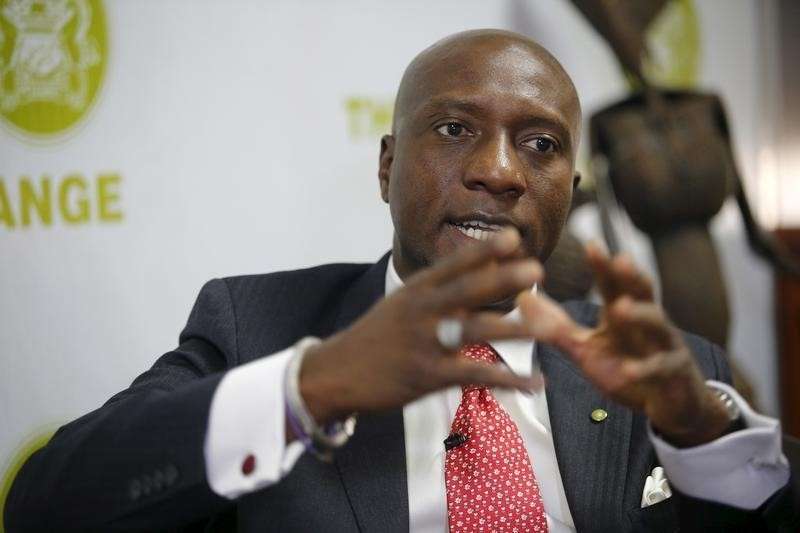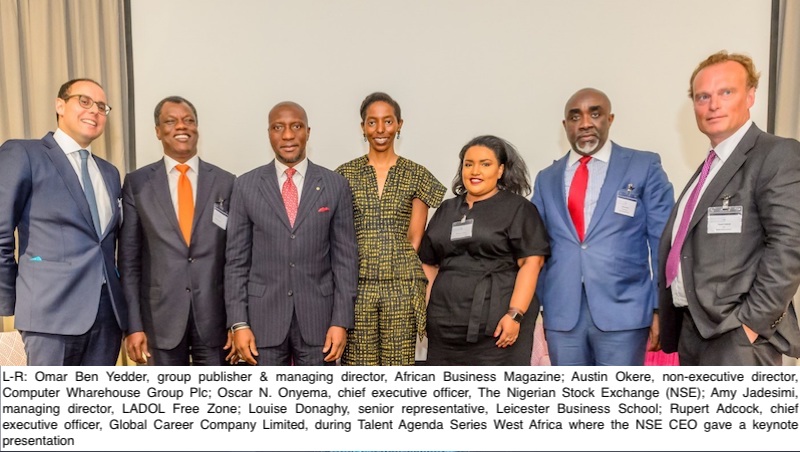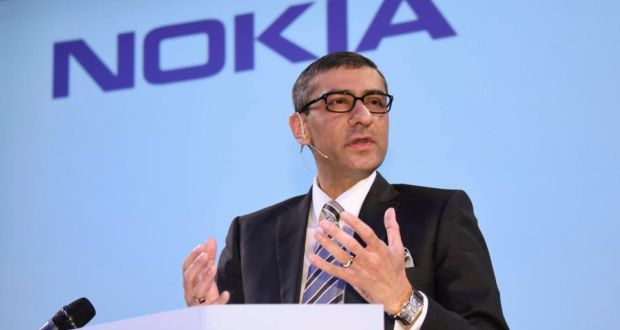The Institute of Export Operations and Management (IEOM), Nigeria, revealed plans to partner financial institutions on the training of Edo youths on processing and packaging agricultural products, mineral resources, as well as art and craft products to meet international standards and quality for export.
The Institute, which also disclosed plan of providing the youths financial support upon completion of the training, said it is finalizing the deals with some financial institutions, including the Nigerian Export-Import (NEXIM) Bank and Bank of Industry (BOI).
Ofon Udofia, the executive secretary IEOM, said this when a delegation of the institute, including members of the Benin Chamber of Commerce, Industry, Mines, and Agriculture, paid Governor Godwin Obaseki of Edo State a courtesy visit at the government house, Benin City.
According to him, “The decision has been reached to complement the laudable socio-economic projects being embarked upon by the Godwin Obaseki-led administration.
The plans to develop the Edo Inland Dry Port, Gelegele Seaport, and the Industrial Park are credible and will open the Edo economy to international markets.”
He said the partnership deals would include an arrangement with NEXIM and BOI to provide funding for the processing companies, noting that “the processing companies will be set-up at the completion of the training programme.”
Udofia said all that was required for the training was for the state to set up a centre to serve as the training ground on export commodities development, adding, “In the centre, youths would be taught and exposed to viable business opportunities and how to harness export opportunities in agriculture, solid minerals and art and craft sectors.”
The governor, who was represented by the Secretary to the State Government (SSG), Osarodion Ogie, said that the state would support investors to drive products manufacturing to supply domestic and international markets.
Obaseki explained that the Benin Industrial park, Gelegele Seaport and Edo Inland Dry Port would boost exportation, provide jobs for the teeming youth population and create wealth.
“All of these cannot be achieved without empowering youths with requisite skills to prepare them to fit into the new job opportunities that would be created in the state,” he said.



